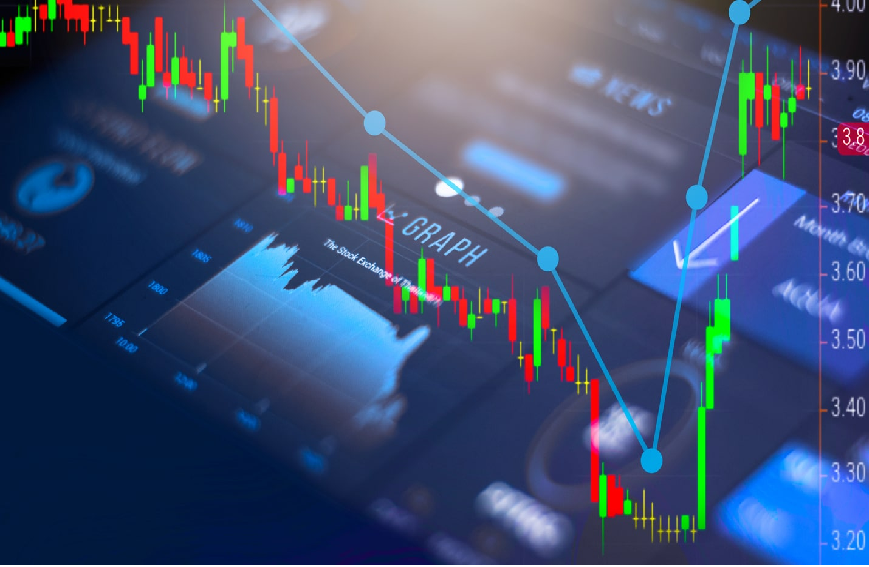How long can I hold a CFD?

On average, how long can a company hold a CFD? What are the benefits of holding a CFD for more extended periods? This article explores these questions and more. If you’d like to start trading CFDs or further your knowledge on finance and investing, check out this website.
What is a CFD?
A CFD, or contract for difference, is a financial instrument used for speculative trading. Its value is based on the performance of an underlying asset, usually a stock or commodity.
Instead of buying and selling the actual asset, the individual enters into a contract with another party to exchange the difference in the value of the asset at the time of entry and exit from the contract. This approach lets one speculate on market movements without owning the asset.
However, it also increases risk as there is no actual ownership of the underlying asset. CFDs can be an attractive option for traders looking to take on higher levels of risk, but they can also come with significant losses if not carefully managed.
It’s essential to thoroughly research and understand all potential outcomes before entering into a CFD contract.
How long can you hold a CFD?
It’s important to note that there is no set time limit on when you must sell a CFD. However, it is crucial to remember that CFDs may have a time expiration depending on the financial instrument you are trading.
Additionally, CFDs involve paying regular fees, so holding onto one for an extended period can become expensive. Factors such as market volatility and your investment strategy will also play a role in determining how long you hold onto a CFD.
Ultimately, the decision is up to the individual trader and what they feel is most beneficial for their investment portfolio. It’s crucial to continually assess your position and determine if it is still aligned with your goals and risk tolerance.
A successful trader knows when to hold onto a CFD and when to let go and move on to new opportunities.
The benefits of holding a CFD for the long term
When it comes to investing, there can be a lot of pressure to buy and sell in search of profits constantly. However, sometimes the best course of action is simply finding a great company and holding onto its stock for the long term.
This strategy, often called a “buy and hold” approach, has several benefits. For one thing, it saves on transaction fees that can cut into your overall returns. You’ll also avoid the potential losses associated with selling at the wrong time. Perhaps most importantly, a long-term focus allows you to truly get to know a company and understand its growth potential over time.
So next time you’re considering jumping on the latest hot stock trend, consider placing your trust in a tried-and-true CFD that has proven worthy of your long-term investment.
How to choose the right CFD broker
When it comes to investing, finding the right broker is essential for success. So, how do you choose the best CFD broker for your needs?
- First, check their fees and commissions. Please find out the spreads they offer and whether they have additional charges, like overnight fees.
- It’s also essential to ensure that the platform offers you a wide range of assets to trade – from stocks and indices to commodities and cryptocurrencies. The trading tools and education resources available can also make a difference in your overall experience.
- Finally, consider customer service. Can you easily reach them for support, and do they offer multiple communication channels?
By researching and comparing different options, you can confidently choose a CFD broker that meets your needs and helps you achieve your investing goals.
Tips for trading CFDs successfully
When trading CFDs, it is essential to have a clear strategy and stick to it. That means determining what kind of market conditions you are trading in, setting specific entry and exit points, and deciding on the appropriate level of risk. It is also essential to stay up to date on market news and conduct thorough technical analysis before making any trades.
Additionally, practising with a demo account can help hone your skills before putting real money on the line. However, even the best planning can sometimes go awry – cutting losses quickly is crucial as not letting them snowball into more significant losses.
Following these tips and remaining disciplined can increase your chances of success when trading CFDs.



